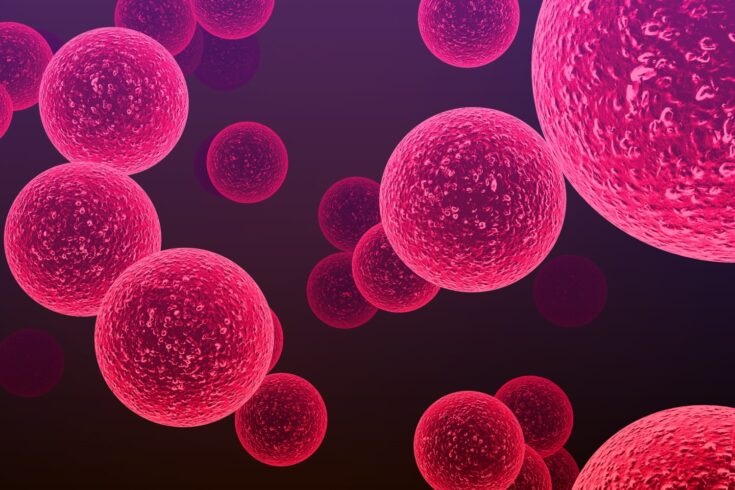Increasing the effectiveness and cutting the cost of tackling a range of highly transmissible illnesses, it is set to be the first combined system of its kind in the world.
The system is designed to target:
- ‘superbugs’ such as methicillin-resistant Staphylococcus aureus (MRSA)
- bacterial infections such as clostridioides difficile
- virus-based diseases such as flu and COVID-19
- spores carrying fungal infections
It will be ideal for use in operating theatres.
Decade of cutting-edge research
The system is under development by the University of Glasgow in conjunction with Pinpoint Medical.
The system harnesses almost a decade of cutting-edge research at the university funded mainly by the Engineering and Physical Sciences Research Council (EPSRC, part of UK Research and Innovation) through an:
- Innovation Fellowship
- Impact Acceleration Account
Work on a prototype is now under way.
Clearing the air
Airborne infections that spread between hospital patients, staff and visitors end up costing the NHS billions of pounds every year.
Currently, monitoring and controlling such infections relies primarily on taking and testing swabs from surfaces and equipment, and wiping these down with disinfectant.
This is a laborious, time-consuming method limited in its effectiveness.
Innovative diagnostic technique
The new all-in-one system will integrate an advanced air-decontamination system devised by Pinpoint Medical with an innovative diagnostic technique developed at the university.
This technique is rooted in plasmonics, a tried and tested optical biosensing technology.
With support from EPSRC and others, the Glasgow team have developed a biosensor platform based on nanopatterned plasmonic consumables manufactured in a similar way to blu-ray.
This platform allows testing for pathogens at affordable costs with minimal staff time requirements.
Continuous airborne pathogen testing
Pinpoint Medical is combining this biosensor platform with an air sampling mechanism to perform continuous airborne pathogen testing.
The system is combined with unique porous ceramic filters that perform photocatalysis under ultraviolet light.
The coffee machine-sized system will decontaminate air of pathogens as well as perform air quality measurement to ensure a safer, healthier environment.
Game-changing potential
Dr Andrew Bourne, Executive Director of Partnerships at EPSRC said:
This system promises to be a real game-changer as a diagnostic tool.
Almost a decade of continuous EPSRC support has helped bring this breakthrough within reach.
By making integrated surveillance and elimination of airborne pathogens practical and cost-effective, it could transform the fight against hospital infections.
It could also help limit the spread of future pandemics and even detect their emergence.
Deployed in hospitals within five years
Dr Affar Karimullah of the University of Glasgow’s School of Chemistry, also Chief Technology Officer with Pinpoint Medical, said:
Our innovative point-of-care diagnostics platform developed with EPSRC support has huge potential.
As well as hospitals, the combined monitoring/filtration system could be deployed on planes and in all kinds of public hotspots where airborne infections spread easily.
The system could be fully up and running within 2-3 years and begin to be deployed in hospitals within 5 years.
Further information
Pinpoint Medical was founded in 2018.
Based in Perth, Scotland, its mission is to deliver medical diagnostics solutions by taking advantage of emerging technical innovations in biosensing and nanoscale detection systems.
EPSRC sources of funding have included project and programme support, an Innovation Fellowship (for Dr Karimullah) and an Impact Acceleration Award.
Other funding providers have included QuantIC and the Wellcome Trust.
Plasmonics involves the generation, detection and manipulation of optical signals along interfaces between metals and dielectric materials at the nanometre scale.
The platform is similar to immunoassays called disposable plasmonic assays and tests for pathogens in solution.
An immunoassay is a biochemical test designed to measure the presence and concentration of a molecule in a solution by using an antibody or antigen.
Photocatalysis involves the acceleration of chemical reactions using light.

